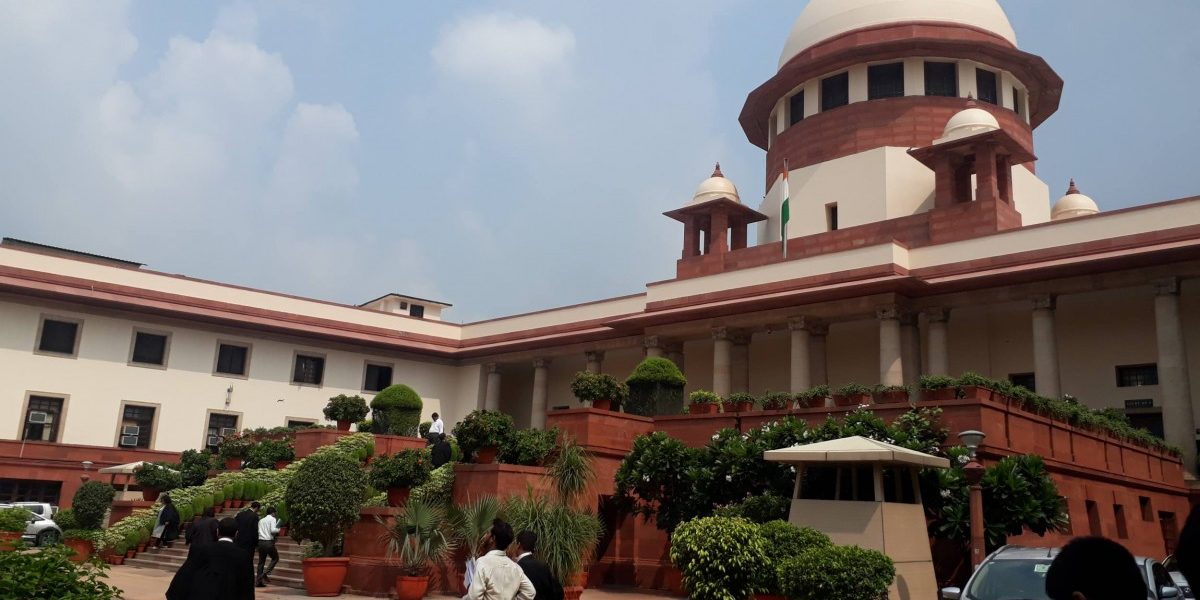India’s Supreme Court has scrapped a seven-year-old election funding system, called “electoral bonds”, that allows individuals and companies to donate money to political parties anonymously and without any limits.
Thursday’s decision is seen as a setback for Prime Minister Narendra Modi’s Bharatiya Janata Party (BJP), which has been the largest beneficiary of the system it introduced in 2017.
KEEP READING
How a Reliance-funded firm boosts BJP’s campaigns on Facebook
A foreign firm can now ‘buy a political party’ in India
What are India’s electoral bonds, the secret donations powering Modi’s BJP?
The secretive election funding system was challenged by opposition members and a civil society group on grounds that it hindered the public’s right to know who had given money to political parties.
Under the system, a person or company can buy these bonds from the state-run State Bank of India (SBI) in denominations ranging from 1,000 rupees ($12) to 10 million rupees ($120,000) and donate them to a political party of their choice.
The bonds are then delivered to the party which can exchange them for cash. The bonds which are exempt from tax, do not carry the name of the donor.
A five-judge top court bench headed by Chief Justice D Y Chandrachud on Thursday said the system is “unconstitutional” and directed the SBI to not issue any more of these bonds.
Critics have condemned the campaign financing method as an opaque way to funnel “black money” to parties.
“The Supreme Court has struck down the electoral bond scheme and all the provisions that were made to bring it into effect,” Prashant Bhushan, a lawyer representing one of the petitioners, told reporters outside the court in New Delhi.
‘Extra layer of opacity’
Jagdeep Chhokar, from the Association for Democratic Reforms (ADR) transparency watchdog and lead petitioner in the court case, said the ruling would help end political “mischief”.
“My initial reaction is of big relief – and some hope,” he said, adding that the bond system “had added an extra layer of opacity”.
Since their introduction, electoral bonds had become a key method of political funding. Electoral bonds were first sold in 2018. ADR calculates that more than half of all donations received by political parties used the scheme.
While the donors are technically anonymous, critics fear the government could access data through the state-owned SBI.
Modi’s BJP defended electoral bonds, arguing that because the donations are channelled through the banking system, the process is more transparent than direct cash donations.
Cash donations are still allowed, but carry no tax exemption.
Transparency rights activists, however, allege the electoral bond program reduces accountability in the world’s biggest democracy.
In the 2019 general elections, spending by candidates and political parties ran up to $8.7bn, according to the New Delhi-based Centre for Media Studies.




















































